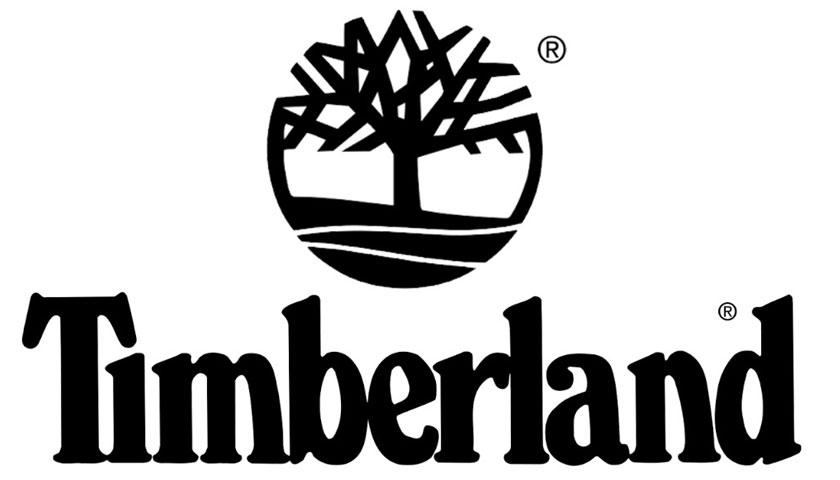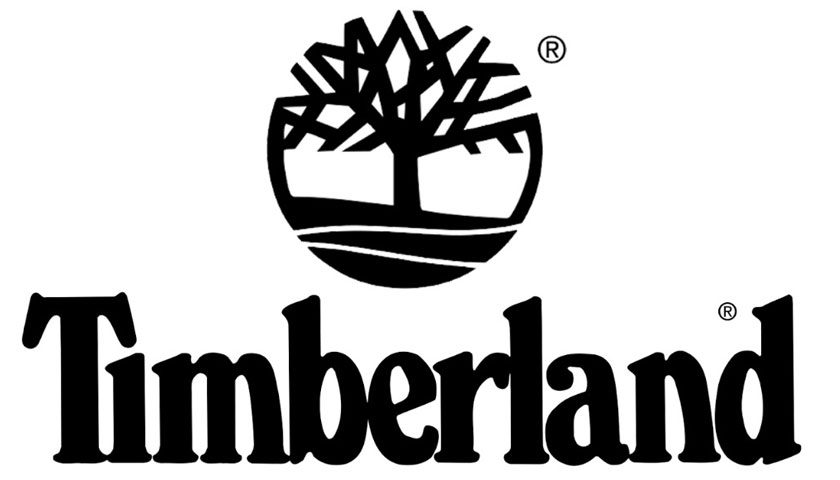Global outdoor lifestyle brand Timberland have announced a new partnership with Other Half Processing to build a responsible leather supply chain sourced from ranches that employ regenerative practices.
Ranchers and farmers who use regenerative grazing practices manage their cattle in a way that mimics the natural movement of herd animals. Such grazing allows for more rest and re-growth of grasses, which can lead to better food for livestock and healthier soil, as these grasses pull carbon out of the atmosphere and store it in the ground. In theory, this makes the land more productive with greater resistance to both drought and heavy rain.
Through this pilot, Timberland will source traceable hides from regeneratively grazed cattle in the U.S. for select footwear and accessory collections set to hit the market in fall 2020. This partnership builds upon Timberland’s longstanding commitment to make products responsibly and help influence widescale change. In 2005, Timberland co-founded the Leather Working Group, in an effort to minimize the negative impacts associated with leather tanning for not just its own production, but the industry as a whole.
Timberland’s use of these hides in its production directly supports the farmers, ranchers and tribes who raise their livestock in a regenerative system. Colleen Vien, director of sustainability at Timberland, said, “At Timberland, we are committed not only to minimize the negative impacts of leather production, but to drive environmental benefits through our sourcing approach and ultimately develop a net positive fashion supply chain. We are proud that our consumers will be able to buy products where the leather has been sourced in this way, and hope to inspire others in the industry to move in this direction as well.”
Regenerative ranching systems have the potential to build soil health, reduce carbon emissions (by capturing more carbon in the soil than they emit), enhance biodiversity, improve water cycling, and give farmers and ranchers better livelihoods. Yet despite these environmental and societal benefits, this type of production remains undervalued in the market and underrepresented on the land. Other Half Processing was established to change this trend, by sourcing hides and other byproducts from regenerative ranches and marketing them in a way that increases overall returns for the producers.
Jim Kleinschmit, CEO and co-founder of Other Half Processing said, “We’re thrilled by this partnership with Timberland. As a major global footwear brand, their commitment sends a strong message to the wider fashion industry as well as to regenerative farmers and ranchers. It’s time people across the industry get serious about addressing the impact of leather production, which includes where the hides come from and how the cattle are raised. We look forward to partnering with Timberland and other companies to grow leather supply chains from regenerative systems, to the benefit of the producers, animals and the environment.”
Timberland sources the majority of its hides from U.S. cattle that are raised for food and processed according to USDA guidelines. The brand has banned the sourcing of hides from certain countries or regions where they have learned of animal husbandry concerns. Through individual agreements from suppliers and improved traceability audits through the Leather Working Group assessment, the brand is improving its capabilities to ensure hides are sourced from acceptable locations.
As part of its pursuit of a greener future, Timberland also made a landmark commitment earlier this fall to plant 50 million trees over the next five years. For more information about Timberland’s commitment to better product, stronger communities and a greener world, visit the brand’s responsibility site.

